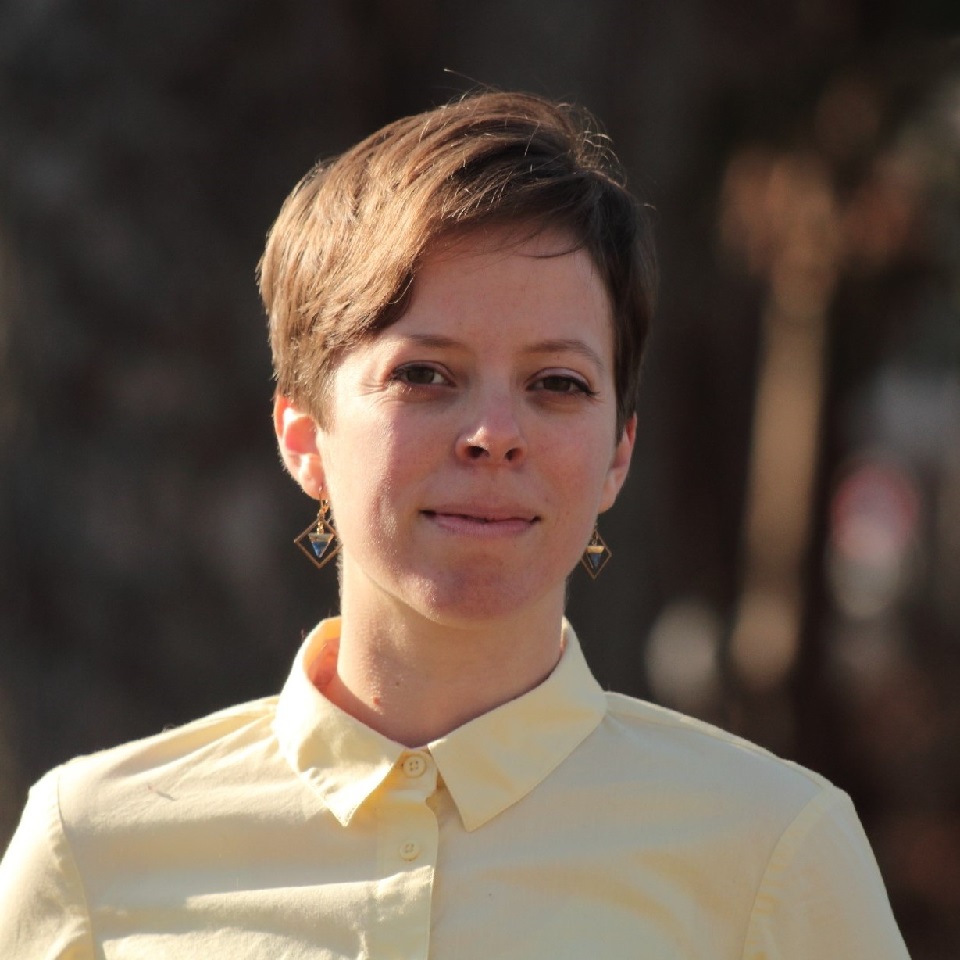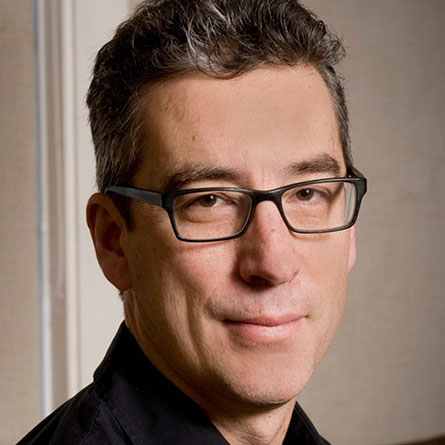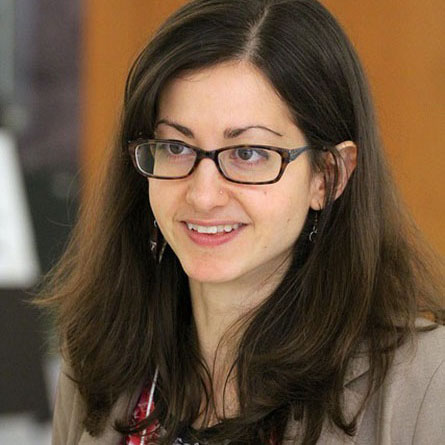
What is Biostatistics ?
Biostatistics is the study, development, and application of statistical methods and data science in the health sciences.
What is Biostatistics ?
Biostatistics is the study, development, and application of statistical methods and data science in the health sciences.
What do Biostatisticians work on?
Biostatisticians may work on diverse topics in health research, including clinical studies (both medical and pharmaceutical), epidemiology and public health, genetics, spacial/geographical data, imaging, machine learning, and health economics. The data encountered by biostatisticians include those produced in randomized controlled trials, observational studies, and natural experiments. New interest is arising in the analysis of the “big data” collected through the usage of provincial health systems in Québec and elsewhere. For more information on the biostatistical research being done at Université de Montréal, see the list of biostatistics professors.
How is Biostatistics different from Statistics?
Statistics is a large field that encompasses many areas of application (including economics, engineering, business and industry, psychology, ecology, environment and weather, agriculture, human health, veterinary sciences, etc). Biostatistics is therefore a subdiscipline of statistics. However, because biostatisticians focus on specific questions in health, they are often experts and developers of statistical techniques that are not used by other types of statisticians. Biostatisticians may work with medical professionals, epidemiologists, public health experts, pharmacists, geneticists, basic scientists, and so on. Therefore, they must operate within the culture of these fields. These different cultures, the scientific questions of interest, and the particularities of the data collected all affect the direction of the development of statistical methods. However, biostatisticians enjoy different degrees of specialization, many preferring to work in a number of different subject matter domains!
What are the employment opportunities with a degree in Biostatistics?
There are many opportunities for graduates holding a degree in Biostatistics and shortages of skilled analysts across various specializations. Graduates will be able to work as statistical analysts in various organizations in the health system (e.g. The Public Health Agency of Canada, The National Institute of Public Health of Quebec), in research centers of universities or hospitals, for consulting companies, as well as in the pharmaceutical or biotechnology industry. Our graduates have also found exciting employment in data science startups in Montreal and internationally.
Richard Feynman
General Requirements
Program Options
There are currently several options for someone interested in pursuing graduate studies in biostatistics at Université de Montréal. Biostatistical research is being done across four faculties, each of which can supervise biostatistical graduate students, masters or PhD. However, the degree type and programme requirements vary. The key to pursuing graduate studies/research on a topic that will most interest you is to identify and contact the professor(s) you are interested in working with. It is recommended to contact (email) the professor(s) you’d like to work with before applying.
Course offerings at UdeM related to biostatistics
Regardless of your programme enrollment, you may be interested in following graduate courses in statistics or biostatistics. Note that these courses each have their own prerequisites.
Karl Pearson







Florence Nightingale, Notes on Nursing (1860)